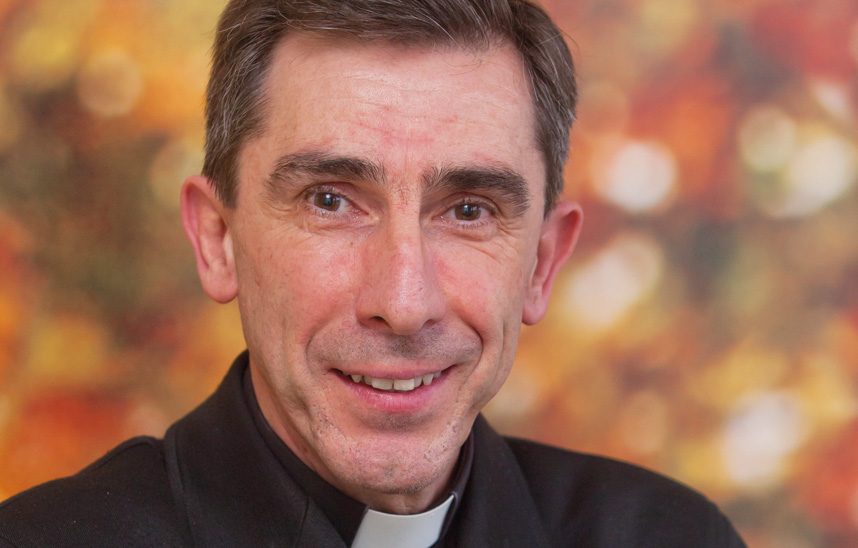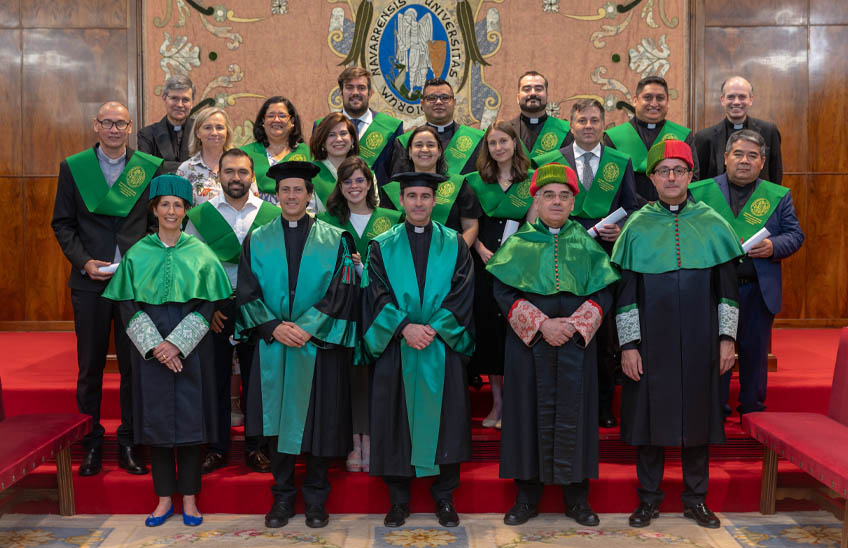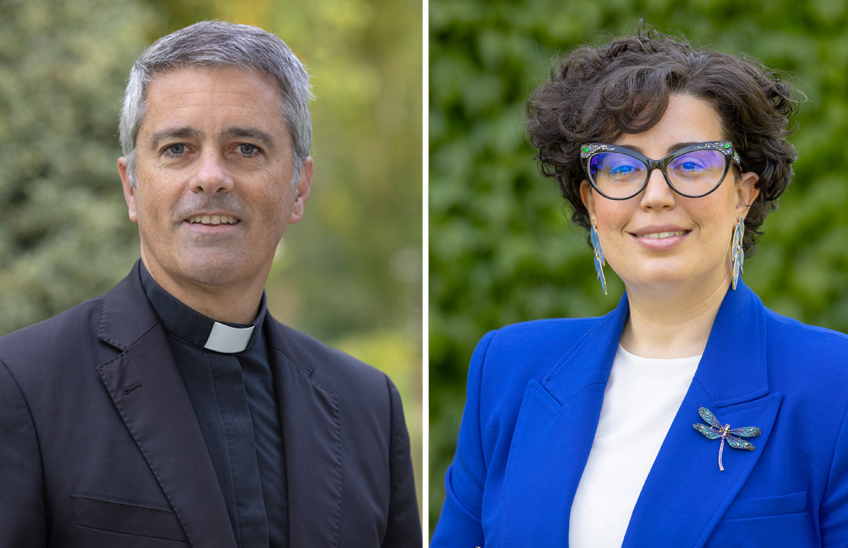Experts from Spain and Italy will analyze at the University the criminal liability of legal persons and its implication for the Church
The XV International Symposium of the high school Martín de Azpilcueta will be held from March 23 to 25 at the School de Canon Law

PhotoManuelCastells/Professor Jorge Otaduy, president of the International Symposium of high school Martín de Azpilcueta.
17 | 03 | 2022
From Thursday 23rd to Friday 25th March, the University will bring together experts from Spain and Italy to analyse the problems and implications that the criminal liability of legal persons may entail for the Catholic Church and canonical entities. This will take place on the occasion of the 15th International Symposium of high school Martín de Azpilcueta, organised by the School of Canon Law and graduate 'Criminal liability of legal persons. Implications for the Catholic Church and canonical entities'.
Professor Jorge Otaduy, president of the Symposium, assures that taking into account that Spanish law has been regulating for some years now the criminal liability of legal persons and not only natural persons, as is also the case in other countries, this meeting aims to "help ecclesiastical entities, such as dioceses, parishes, religious institutes or associations of various kinds subject, to establish their compliance regime in line with Canon Law and to avoid hasty applications of state legislation".
The Symposium will address a study of the subject through eleven conferences, one roundtable and four colloquiums. Patrick O'Malley, professor at the University of Navarra, will open the meeting on Wednesday, 23 March, with the session 'The criminal liability of legal persons. Reception of the figure in contemporary law through common law'. This will be followed by the second discussion paper by Beatriz Goena Vives, doctor of the Pompeu Fabra University of Barcelona, focusing on 'The criminal liability of legal persons in Spain'.
6 academics from different universities in Italy will participate
Professor Rosa María Palavera, from the Università degli Studi di Urbino Carlo Bo (Urbino), will give the third lecture of the Symposium, lecture , on 'The criminal liability of legal persons in Italy'.
On Wednesday afternoon, two sessions will be held: 'The canonical tradition on the penal responsibility of communitates and collegia: classical law', with Professor José Miguel Viejo, from the University of Las Palmas de Gran Canaria; and 'framework canonical reference letter: good governance, a right of the faithful', with Professor Javier Canosa, from the Pontificia Università della Sata Croce (Rome).
The lectures on Thursday, 24 March, will begin with lecture by Professor Mario Ferrante, of the Università degli Studi di Palermo (Palermo), on 'La responsabilidad penal de las personas jurídicas. From the 1917 code to current canon law'. Giuseppe Comotti, professor at the Università di Verona (Verona), will address the second session, which will deal with 'The representation of legal persons, from the perspective of the criminal liability of the Church and canonical entities'. The third session, lecture, 'Peculiarities of dioceses and parishes. The possible application of the figure of the compliance officer', will be given by Professor Antonio Viana of the University of Navarra.
Fernando Puig, from the Pontificia Università della Santa Croce, will give the first lecture on Thursday afternoon. He will speak on "The autonomy and control of canonical legal persons, in the perspective of the criminal liability of the Church and canonical entities". And Professor Paolo Cavana, from the University of LUMSA (Rome), will give the second, entitled 'The responsibility management assistant derived from the crime of legal persons in the law of the Vatican City State'.
The development of a compliance programme. Beyond the exemption of criminal liability' will be the first lecture on Friday, 25 March. It will be given by Alain Casanovas, from KPMG Spain (Barcelona). Finally, the symposium will close with a roundtable on 'The Implementation of a compliance programme in dioceses and institutes of consecrated life'. Speakers will include: Juan José González Rus, from the University of Cordoba; Jaime Badiola, bursar of the Spanish Province of the Jesuits (Madrid); and Professor Diego Zalbidea, from the University of Navarra.


